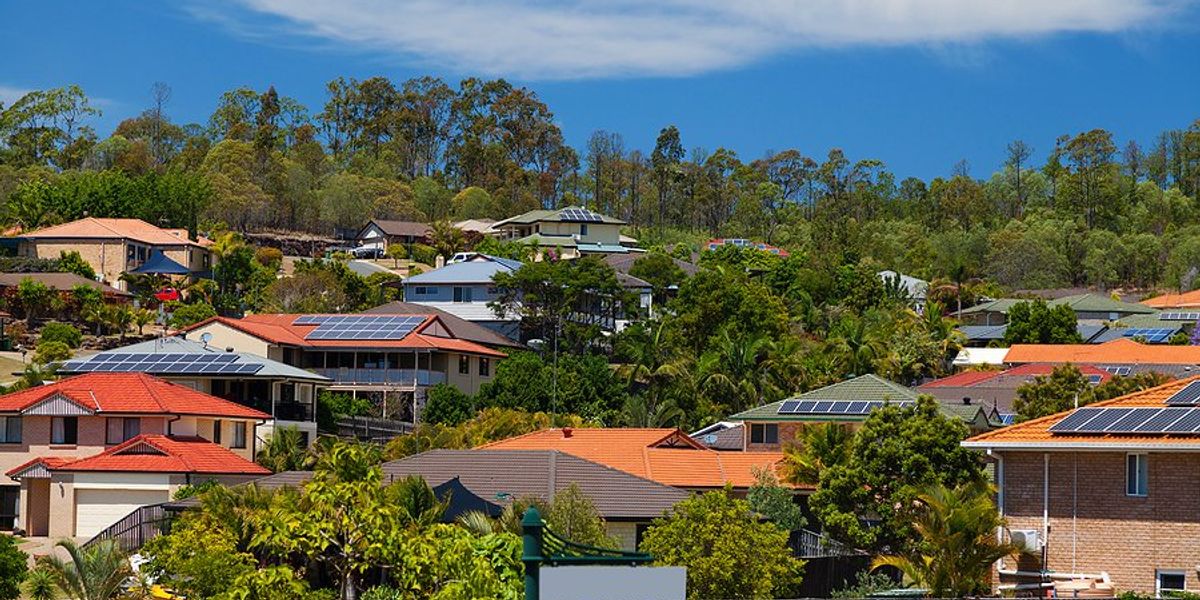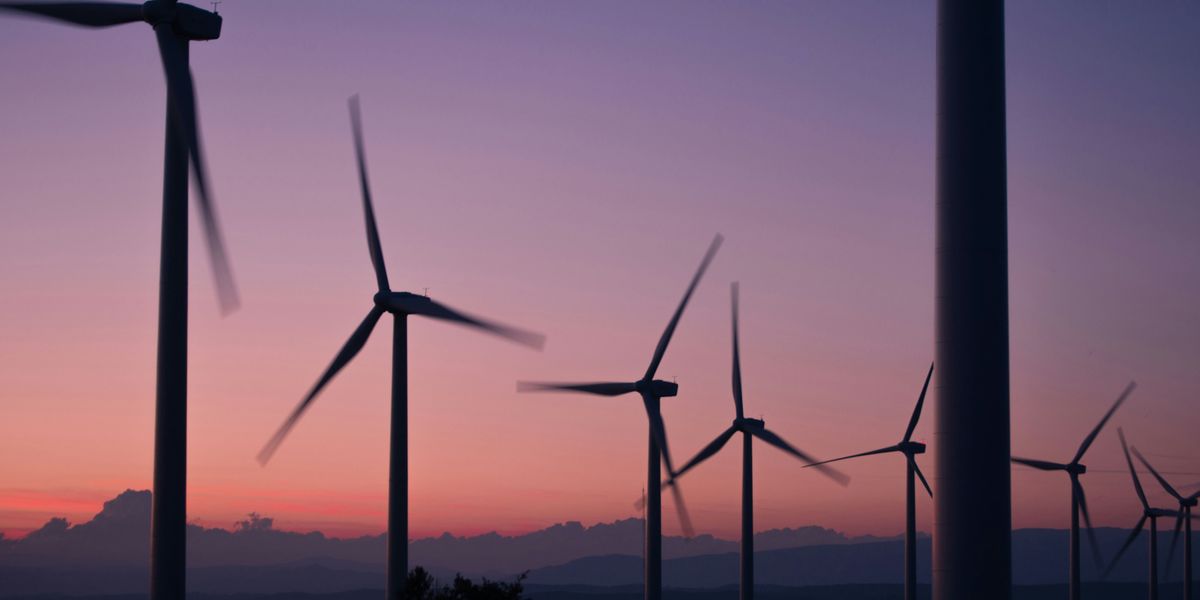food contamination
Jane Muncke: "Perils of Plastic Packaging”
On this episode, toxicology scientist Dr. Jane Muncke joins Nate to discuss the current state of food production and the effects of ultra processed foods and their packaging on our health.
The plastic chemicals hiding in your food
Reducing pesticides in food: Major food manufacturers earn an F grade
Seventeen major food manufacturers earned an average grade of F for their lack of progress in reducing pesticides in the products they sell, according to a new analysis by As You Sow, a nonprofit specializing in shareholder advocacy.
‘They’re in the air, drinking water, dust, food …’ How to reduce your exposure to microplastics
| BigStock Photo ID: 456264981 |
| Copyright: stefanophotographer |
Red floods near giant Indonesia nickel mine blight farms and fishing grounds
Farming communities in the shadow of Sulawesi’s giant Pomalaa nickel mining area say their fields have been flooded with red water, possibly laterite waste from the mining operations.
The lie of a cleaner oilsands
In May 2022 a tailings pond at Imperial’s Kearl Lake facility started leaking toxic waste into groundwater and outside its lease boundaries. But no one reported the leak to water users living downstream of the massive oilsands project for nine months.
In a nutshell:
Award-winning journalist, Andrew Nikiforuk, writing for The Tyee, lays out a damning, but all-too-familiar chronology of ongoing hydrocarbon spills in the Alberta Oil patch that go unreported and unregulated by a seemingly complicit Alberta Energy Regulator. Indigenous leaders, their food sources and drinking water contaminated, have expressed total distrust with the state of monitoring and reporting, repeatedly castigating the Alberta Energy Regulator as a “joke” or unaccountable.
Key quote:
“All trust with the Alberta government has been broken and has been broken for a long time. They can’t be trusted to oversee the mess,” Athabasca Chipewyan First Nation Chief Allan Adam told Parliament’s Standing Committee on Environment and Sustainable Development.
Big picture:
At one time the Alberta government and industry promised to control the proliferation of the mining waste stream with stiff regulations. But industry ignored 2009 rules to reduce the volume of tailing waste and then regulators abandoned them. Now government and industry propose to rid themselves of the tailings waste problem with the cheapest possible solution — by minimally treating wastewater by filtering it through petroleum coke (a bitumen byproduct) with the goal of releasing that water into the Athabasca River.
Read the full story from The Tyee.



















